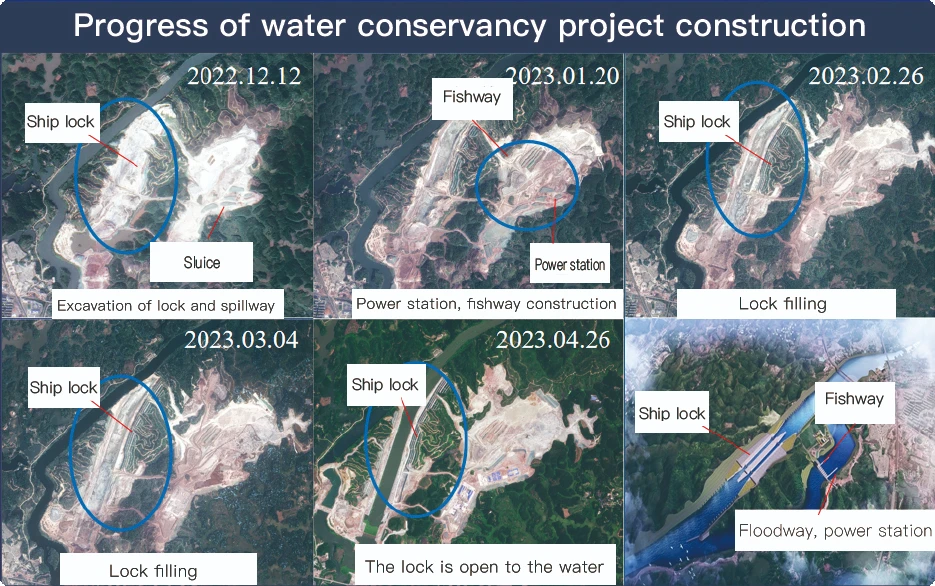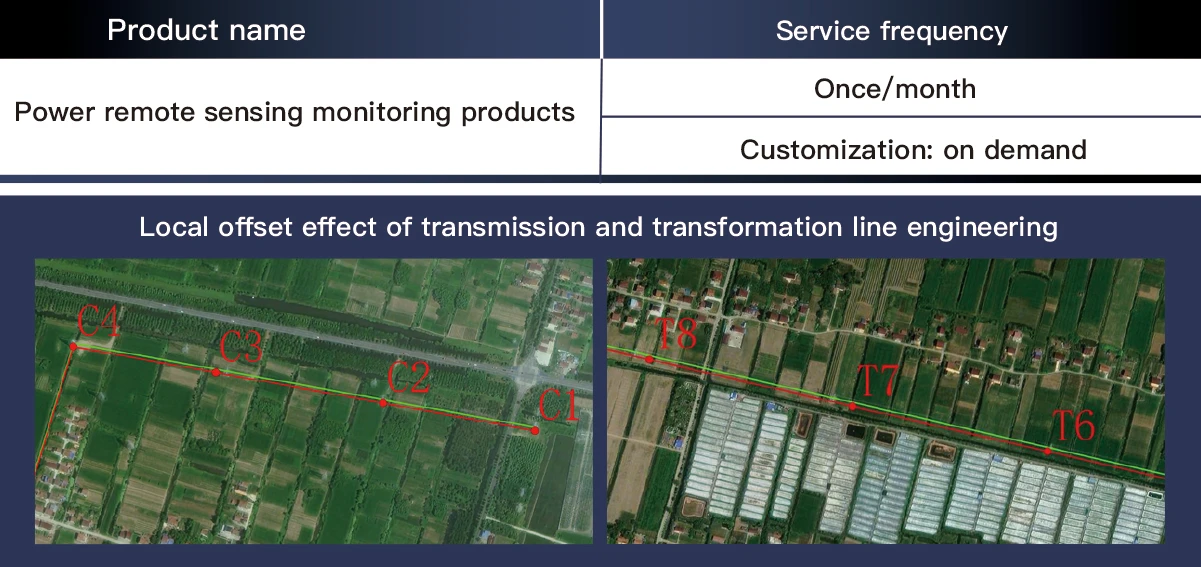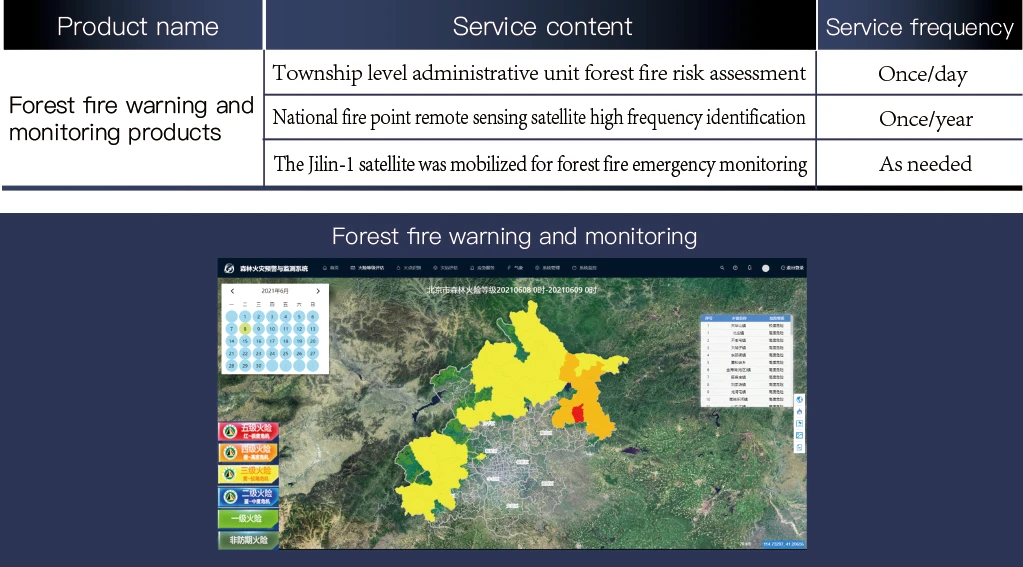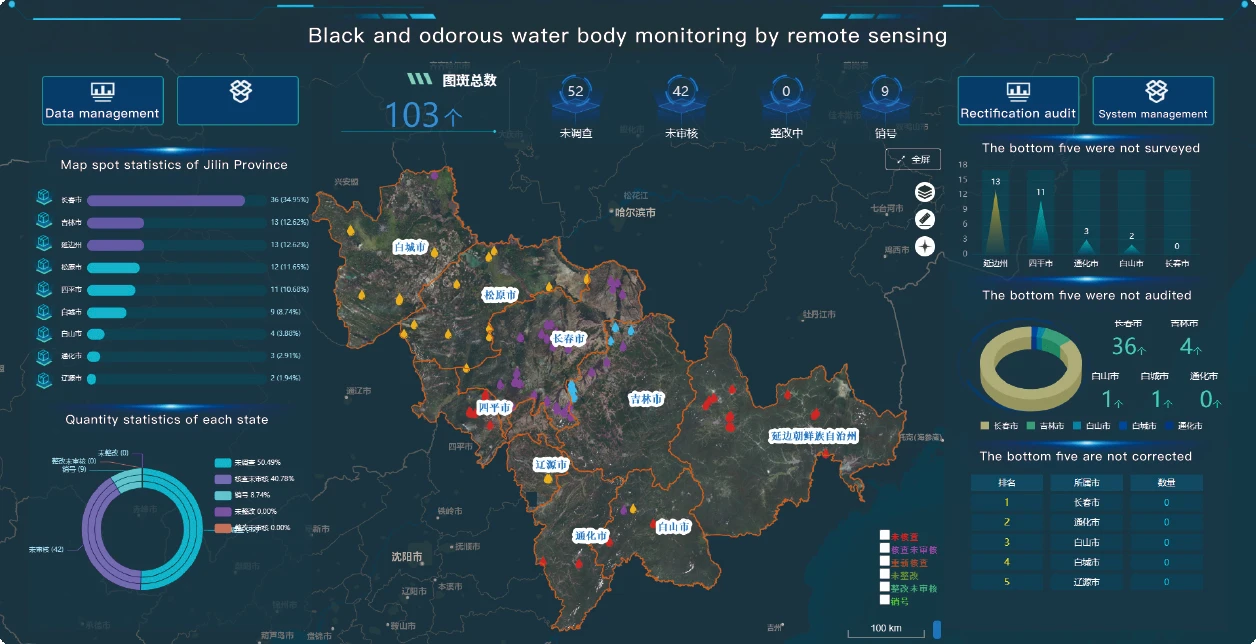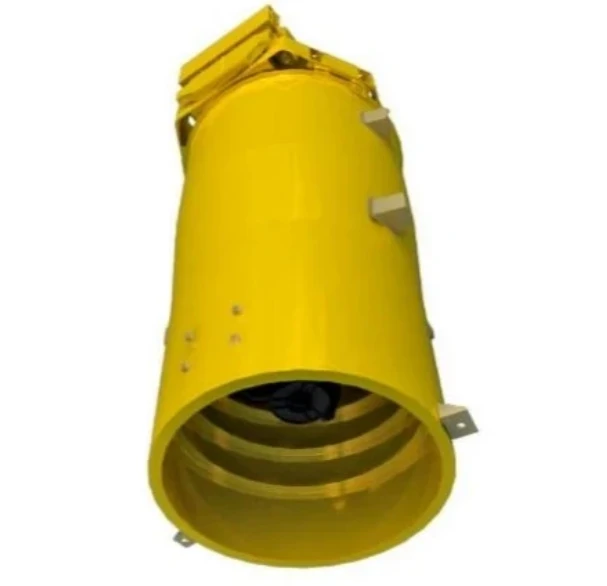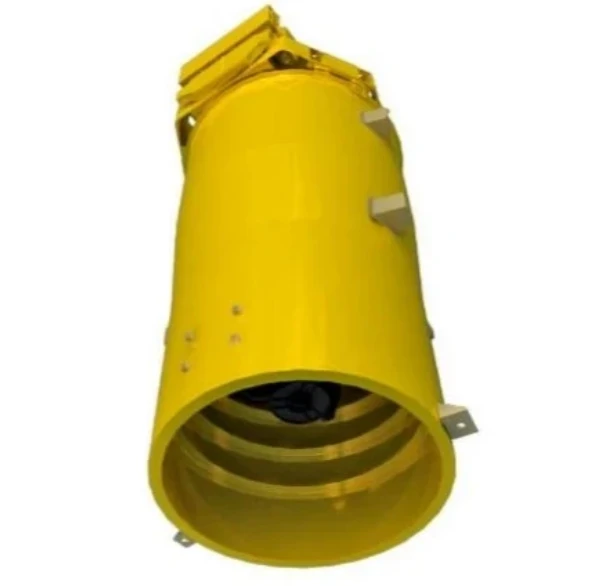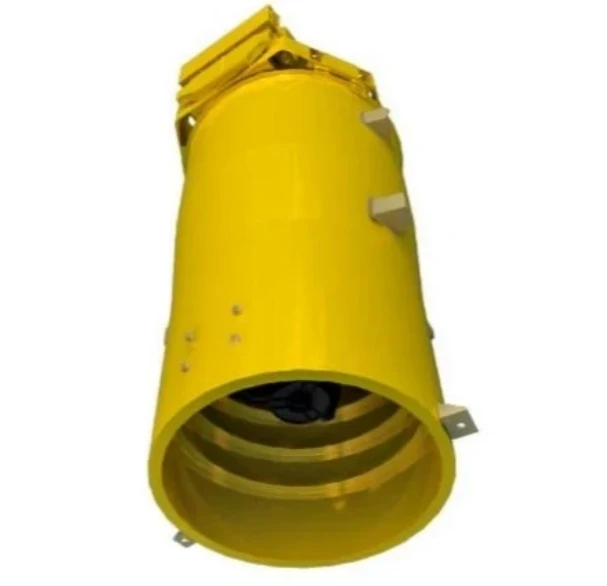
- Afrikaanske
- Albaneesk
- Amhaarsk
- Arabysk
- Armeensk
- Azerbeidzjaansk
- Baskysk
- Wytrussysk
- Bengaalsk
- Bosnysk
- Bulgaarsk
- Katalaansk
- Cebuano
- Sina
- Korsikaansk
- Kroatysk
- Tsjechysk
- Deensk
- Nederlânsk
- Ingelsk
- Esperanto
- Estysk
- Finsk
- Frânsk
- Frysk
- Galyskysk
- Georgysk
- Dútsk
- Gryksk
- Gujaratysk
- Haïtiaansk Kreaolsk
- Hausa
- Hawaïaansk
- Hebrieuwsk
- Nee
- Miao
- Hongaarsk
- Yslânsk
- igbo
- Yndonesysk
- Iersk
- Italiaansk
- Japansk
- Javaansk
- Kannada
- Kazachsk
- Khmer
- Rwandan
- Koreaansk
- Koerdysk
- Kirgizysk
- Arbeid
- Latyn
- Letsk
- Litousk
- Lúksemboarchsk
- Masedoanysk
- Malagasy
- Maleisk
- Malayalam
- Malteesk
- Maori
- Maratysk
- Mongoalsk
- Birma
- Nepaleesk
- Noarsk
- Noarsk
- Oksitaansk
- Pashtu
- Perzysk
- Poalsk
- Portegeesk
- Pûndjaabsk
- Roemeensk
- Russysk
- Samoan
- Skotsk Gaelic
- Servysk
- Ingelsk
- Shona
- Sindysk
- Sinhala
- Slowaaksk
- Sloveensk
- Somalysk
- Spaansk
- Soendaneesk
- Swahily
- Sweedsk
- Tagaloch
- Tajik
- Tamyl
- Tatar
- Telugu
- Taisk
- Turksk
- Turkmeensk
- Oekraynsk
- Urdu
- Uighur
- Uzbek
- Fietnameesk
- Welsh
- Help
- Jiddysk
- Yoruba
- Zulu
Elevating Remote Sensing and Research with High Resolution Cameras
In the fields of environmental monitoring, aerospace, and scientific discovery, seeing more means knowing more. The integration of high resolution cameras into remote sensing systems and scientific instruments has dramatically expanded our ability to observe, measure, and analyze the world in extraordinary detail. From satellites orbiting the Earth to laboratory experiments, kamera resolúsje defines the clarity and depth of the data we capture.
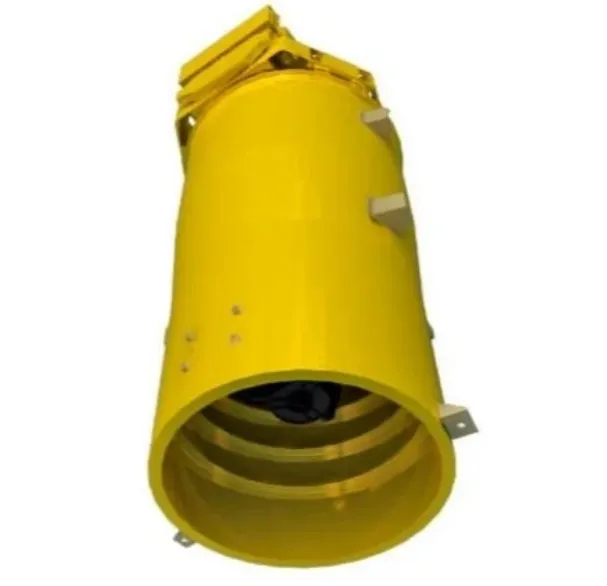
The Role of Camera Resolution in Remote Sensing
Remote sensing platforms—whether airborne or space-based—depend on high resolution cameras to collect accurate visual data from large areas. A high MP camera on a satellite or drone allows users to detect ground features such as vegetation changes, water boundaries, and even individual vehicles or structures. This level of detail enhances applications in agriculture, urban planning, disaster response, and climate science.
When these imaging systems are equipped with high resolution infrared cameras or high resolution thermal cameras, they go beyond visible light. They can capture heat signatures and reflectivity differences invisible to the human eye, making them critical for detecting forest fires, volcanic activity, or water stress in crops.
In this context, kamera resolúsje directly affects the quality and utility of satellite and aerial data. The higher the resolution, the more actionable the insights.
High Resolution for Scientific Analysis
In laboratories and research facilities, high resolution industrial cameras are used in microscopy, material science, and robotics. Whether observing cell behavior or analyzing fracture points in composite materials, researchers require ultra-clear imagery. A high MP camera delivers the pixel density necessary to zoom into micro- and nano-scale phenomena without distortion or blurring.
Additionally, high definition cameras are commonly deployed in wildlife research, tracking animal behavior over time with non-invasive monitoring techniques. Researchers can capture high-speed motion, facial features, and subtle environmental interactions that standard-resolution systems would miss.
Precision in Infrared and Thermal Imaging
High resolution IR cameras and high resolution thermal cameras are essential tools for scientific fields where temperature plays a critical role. In geology, they help monitor volcanic activity and geothermal changes. In astrophysics and aerospace, they detect heat loss or anomalies in spacecraft components.
A hege resolúsje termyske kamera can also be used in medical diagnostics and biomedical engineering, where even minor thermal differences in tissue can indicate inflammation, infection, or other irregularities. This highlights how kamera resolúsje enhances not only image quality but also diagnostic and predictive accuracy.
Security and Monitoring in Critical Infrastructure
In research centers, laboratories, and remote installations, ultra high resolution security cameras serve as essential guardians of expensive equipment and sensitive data. These cameras offer more than just footage—they offer verifiable, high-detail records that support safety, compliance, and incident investigation.
Whether monitoring restricted areas or tracking the movement of personnel and assets, high definition cameras and ultra high resolution security cameras provide enhanced situational awareness. Their clarity allows for facial recognition, badge scanning, and license plate reading, even in low-light or challenging environmental conditions.
In scientific research, space exploration, and remote sensing, the ability to capture detail-rich, accurate imagery is mission-critical. From high resolution thermal cameras monitoring temperature anomalies to high resolution industrial cameras supporting quality control and laboratory precision, kamera resolúsje remains a cornerstone of modern data acquisition.
Organizations that invest in high resolution, whether in the form of high MP cameras, high definition cameras, or high resolution IR cameras, position themselves at the forefront of discovery, innovation, and insight. In today’s visual world, clarity isn’t optional—it’s essential.

